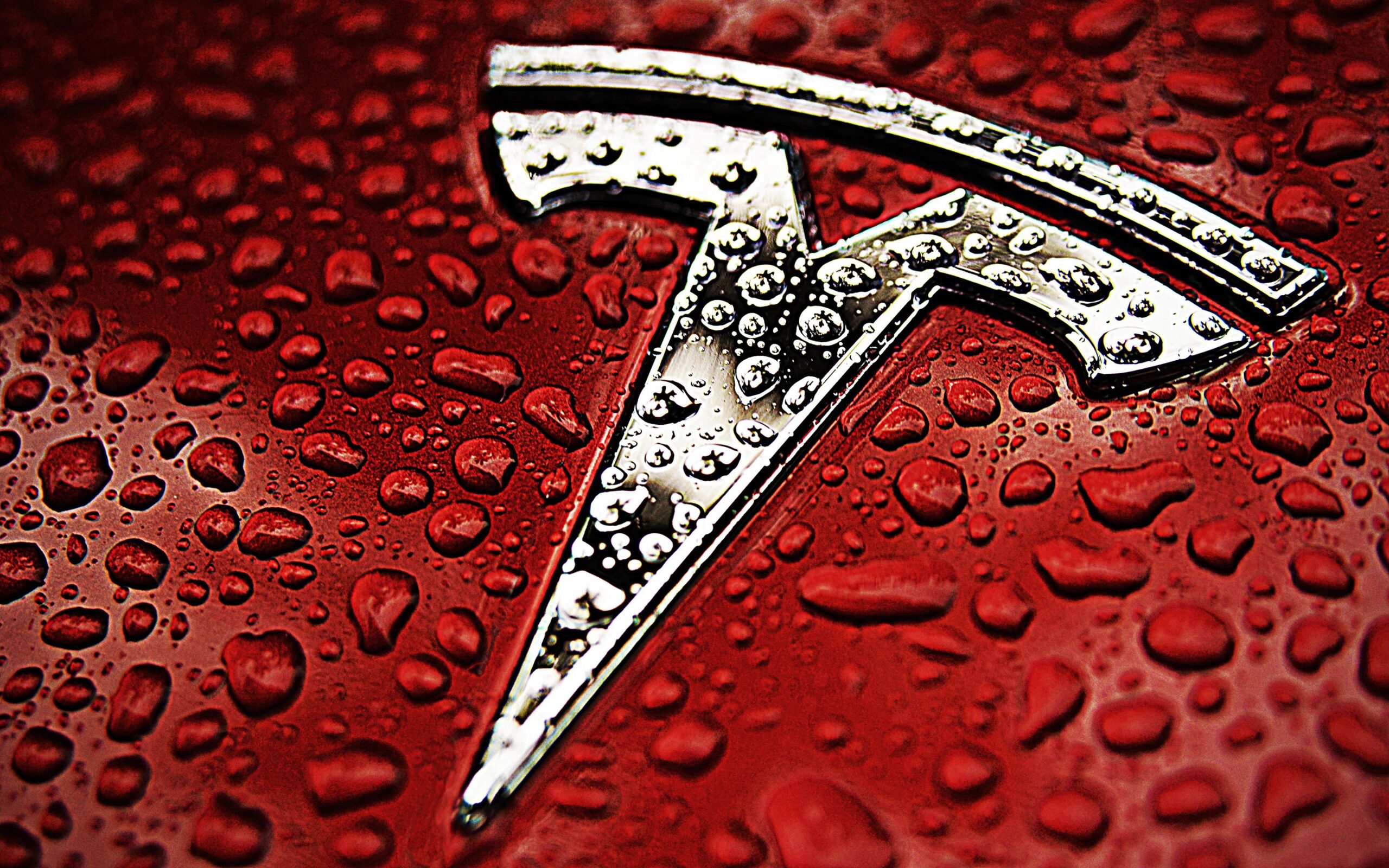Ford is halting production of its F-150 Lightning electric pickup truck, responding to a tough combination of slowing demand, mounting competition, and ongoing financial losses in its EV division. The two-month pause will begin on November 15, lasting until January 6, 2025, encompassing Ford’s annual holiday shutdown.
The decision arrives amid growing pressure in the EV market. Rivals like General Motors have outpaced Ford in quarterly EV sales, and Tesla’s Cybertruck is now outselling Ford’s Mach-E. During a recent earnings call, Ford disclosed that its Model e division, which manages its electric vehicle operations, faces an estimated $5.5 billion in losses this year. Despite a forecasted $1.2 billion in revenue, the division continues to grapple with substantial challenges.
“We continue to adjust production for an optimal mix of sales growth and profitability,” Ford shared in a statement to TechCrunch. The company has been forced to adapt to a market landscape that has dramatically shifted since the early days of EV enthusiasm. This adjustment follows earlier layoffs at Ford’s Rouge Electric Vehicle Center in Dearborn, Michigan, which produces the F-150 Lightning.
Focus Shifts to Hybrid Vehicles
Amid these challenges, the company remains focused on exploring hybrid technology. Ford CEO Jim Farley noted, “Most of our competitors don’t offer hybrid on an F-150 or a Maverick. We frankly can’t keep up with the demand. And I think that has encouraged us to put hybrid across a whole lineup.”
Ford’s production pause coincides with broader industry struggles, as automakers confront weak consumer demand for EVs and the threat of incoming international competition. Chinese EV manufacturers, offering tech-forward and budget-friendly models, are an increasing concern, even though they have yet to break into the U.S. market. Farley himself has labeled these manufacturers as “an existential threat.”
General Motors, facing similar difficulties, has also delayed launching new EV models and pushed back plans for a battery plant. Price cuts, aggressive discounts, and inventory buildup have further characterized the industry’s struggle to maintain momentum. Tesla initiated widespread price reductions in 2023, and legacy automakers have had to follow suit.
The timing of Ford’s announcement is politically charged, too, arriving just days ahead of the U.S. presidential election. The debate over government support for EVs has been especially contentious in Michigan, a crucial swing state.
The F-150 Lightning, once a keystone of Ford’s EV ambitions, now embodies the broader uncertainty surrounding the electric vehicle market. Ford has already abandoned plans for an electric three-row SUV and remains wary of high production costs for future models.











